In North Carolina, a Commitment to Each and Every Newborn
Here in North Carolina and across the country, women are grappling with the effects of a fallen Roe vs. Wade Supreme Court decision, and how the new federal ruling will affect them. A heated debate here in North Carolina has added further fuel to the fire, as conversations in the State House today and votes at the polls this fall will further affect the future for parents and their newborns in North Carolina and beyond.
In these crucial days and discussions, as so much about women’s health and healthcare feels uncertain, one certainty remains: Newborns need incredible support. And between bleary-eyed feeding sessions, exhaustion, exhilaration and uncertainty, families with newborns need support, too. Some might argue, a community of support.
For North Carolinians, the support is already available — and expanding.
At a time when women’s rights are threatened as never before, and parents must navigate new federal and state laws that will challenge their ability to seek basic healthcare and maternal care services, Family Connects International, whose home-base is in the RTP area of North Carolina, is doubling down on mothers, parents, and most importantly, newborns.
For more than a decade, our team at Family Connects International has been connecting local nurses with newborns and their families to provide the vital care and community connections new families need in their earliest days at home post-partum. What started as a pilot initiative within Duke University now exists today as a standalone nonprofit, with expanded services and support to implement the Family Connects (FC) Model across the United States. Our goal is to ensure that each and every newborn and their family — including foster, adoptive, and bereaved parents — has access to essential connections and resources needed for equitable outcomes, with a model that is rooted in universal access.
Why expand now? Because what we’ve seen on the pages of this site and across local news is that even in our presumably “first-world” country, new parents have varied access to healthcare services. Despite being in the most resourced of communities, some hospitals and clinics may still be under-resourced and understaffed. Dr. Debra Best, pediatrician and FCI’s Medical Director, says it comes down to the basics. She routinely hears from families that their FC in-home nurse listened and supported them, while giving them great resources, whatever the need was. These acts are just as simple as they are transformative.
In service to this community, and as we consider what North Carolinian families need most, we will build upon our evidence-based nurse-home visiting program, offered to all families of newborns in participating communities, and we will advocate for public policy that builds and sustains equitable systems of community care.
Newborns need support, and we are steadfast in our commitment to work with local agencies and providers to develop comprehensive, community care systems that support optimal maternal-child health and wellbeing.
In these great days of uncertainty, as parents question if they will find the support they need, it is essential that our elected leaders, our community leaders, and our neighbors don’t lose sight of our future in the process.
[av_button label=’Read on Medium.com’ icon_select=’no’ icon=’ue800′ font=’entypo-fontello’ link=’manually,https://medium.com/@SherikaHill.PhD.MHA/in-north-carolina-a-commitment-to-each-and-every-newborn-4dbe191c59b0′ link_target=’_blank’ size=’medium’ position=’left’ label_display=” title_attr=” size-text=” av-desktop-font-size-text=” av-medium-font-size-text=” av-small-font-size-text=” av-mini-font-size-text=” margin=” margin_sync=’true’ padding=” padding_sync=’true’ av-desktop-margin=” av-desktop-margin_sync=’true’ av-desktop-padding=” av-desktop-padding_sync=’true’ av-medium-margin=” av-medium-margin_sync=’true’ av-medium-padding=” av-medium-padding_sync=’true’ av-small-margin=” av-small-margin_sync=’true’ av-small-padding=” av-small-padding_sync=’true’ av-mini-margin=” av-mini-margin_sync=’true’ av-mini-padding=” av-mini-padding_sync=’true’ color_options=” color=’theme-color’ custom_bg=’#444444′ custom_font=’#ffffff’ btn_color_bg=’theme-color’ btn_custom_grad_direction=’vertical’ btn_custom_grad_1=’#000000′ btn_custom_grad_2=’#ffffff’ btn_custom_grad_3=” btn_custom_grad_opacity=’0.7′ btn_custom_bg=’#444444′ btn_color_bg_hover=’theme-color-highlight’ btn_custom_bg_hover=’#444444′ btn_color_font=’theme-color’ btn_custom_font=’#ffffff’ btn_color_font_hover=’white’ btn_custom_font_hover=’#ffffff’ border=” border_width=” border_width_sync=’true’ border_color=” border_radius=” border_radius_sync=’true’ box_shadow=” box_shadow_style=’0px,0px,0px,0px’ box_shadow_color=” animation=” animation_duration=” animation_custom_bg_color=” animation_z_index_curtain=’100′ hover_opacity=” sonar_effect_effect=” sonar_effect_color=” sonar_effect_duration=’1′ sonar_effect_scale=” sonar_effect_opac=’0.5′ css_position=” css_position_location=’,,,’ css_position_z_index=” av-desktop-css_position=” av-desktop-css_position_location=’,,,’ av-desktop-css_position_z_index=” av-medium-css_position=” av-medium-css_position_location=’,,,’ av-medium-css_position_z_index=” av-small-css_position=” av-small-css_position_location=’,,,’ av-small-css_position_z_index=” av-mini-css_position=” av-mini-css_position_location=’,,,’ av-mini-css_position_z_index=” id=” custom_class=” template_class=” element_template=” one_element_template=” av_uid=’av-92ddt’ sc_version=’1.0′ admin_preview_bg=”]


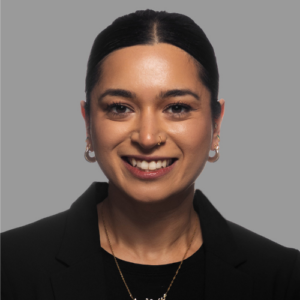 SENIOR CONTRACTS OFFICER
SENIOR CONTRACTS OFFICER IMPLEMENTATION SPECIALIST
IMPLEMENTATION SPECIALIST
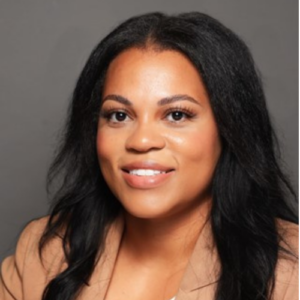

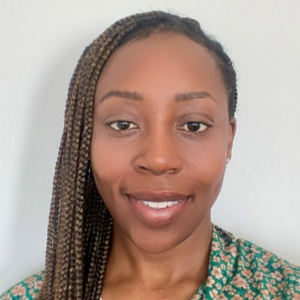



 SENIOR INTERNAL OPERATIONS MANAGER
SENIOR INTERNAL OPERATIONS MANAGER
 MARKETING AND COMMUNICATION SPECIALIST
MARKETING AND COMMUNICATION SPECIALIST
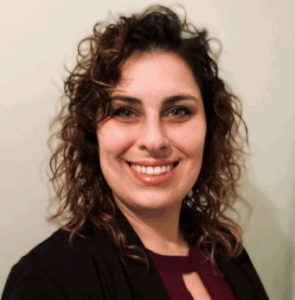 FINANCE AND HR SPECIALIST
FINANCE AND HR SPECIALIST ANALYTICS SPECIALIST
ANALYTICS SPECIALIST



 TEAM LEAD, ADVANCED IMPLEMENTATION SPECIALIST
TEAM LEAD, ADVANCED IMPLEMENTATION SPECIALIST

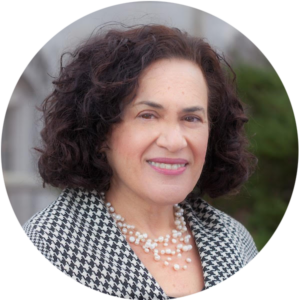




 COMMITTEE MEMBER, FOUNDER
COMMITTEE MEMBER, FOUNDER

 COMMITTEE MEMBER, FOUNDER
COMMITTEE MEMBER, FOUNDER COMMITTEE MEMBER
COMMITTEE MEMBER
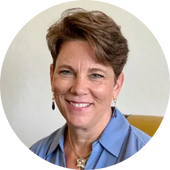
 DIRECTOR
DIRECTOR DIRECTOR
DIRECTOR DIRECTOR
DIRECTOR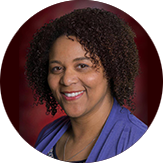 VICE CHAIR
VICE CHAIR
 TREASURER
TREASURER